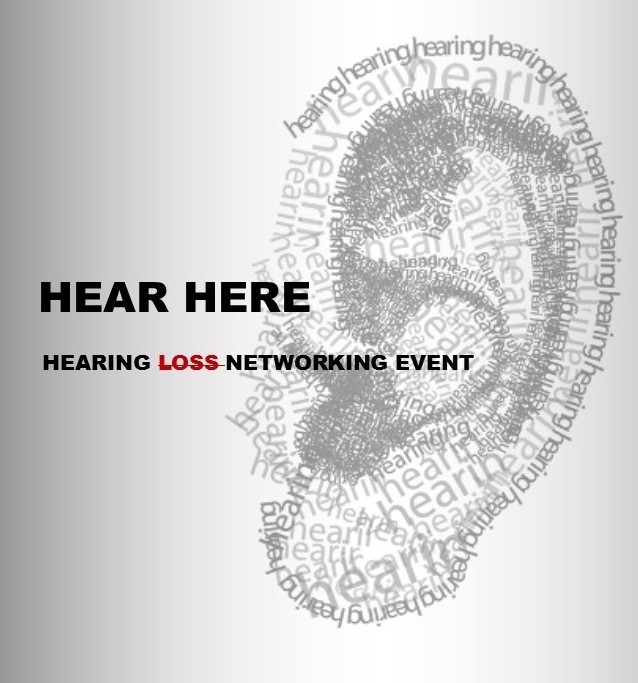


“The training will also be made available to other local governments through the Council on the Ageing Queensland, showing once again that the Redlands Coast is leading the way in creating a more accessible community.”īetter Hearing Australia (Brisbane) business manager Tony Whelan said his organisation was proud to partner with Redland City Council to deliver the Hear Here training program. We do not want any resident to feel isolated. “It is part of our commitment to becoming a better age-friendly city, where older people and others with hearing loss can be confident that they can engage with Council services effectively. “The design and roll out of this training package has been made possible through an exciting partnership with Better Hearing Australia (Brisbane) to develop a specialised training package that will now become part of our corporate training, meaning it will become part of our everyday service to the community,” Cr Williams said. “We know Redlands Coast is an ageing community and Council is committed to doing all we can to ensure they can access the services and initiatives that make our city such a great place to live.”Ĭr Williams said the revolutionary training package had recently been successfully trialled in Council’s customer service centre. “That was clearly unacceptable, so we set out to fix it by ensuring our frontline service officers were provided with the training and tools they needed to better communicate and help people experiencing hearing loss. “When Council undertook its Age Friendly City survey in 2018, we found that hearing loss was a significant barrier for older people to participate in our community,” Cr Williams said. Mayor Karen Williams said the “Hear Here” e-learning training package would improve seniors’ experience when accessing Council services and venues. Source: Partial citation of a "words at random" posting on the randomhouse.Redland City Council has partnered with Better Hearing Australia (Brisbane) to develop a training program to help local government communicate more effectively with people with hearing loss and older residents. However, the use of the verb hear as an imperative meaning listen! is older: a notable example is the parliamentary-sounding Then cried a wise woman out of the city, Hear, hear ( King James Bible, 2 Samuel 20 verse 16).Īside from the interjection, a number of other forms are found, such as a hear, hear (originally, of course, a hear him or hear ye), "a cheer" hear-hear, to shout "hear, hear!" and hear-hearer, a person who shouts "hear, hear!". This is how it is still used today, although one can always vary one's tone to express different sentiments the Oxford English Dictionary noted around the turn of the century that the phrase is now the regular form of cheering in the House of Commons, and expresses, according to intonation, admiration, acquiescence, indignation, derision, etc.Īs a parliamentary cheer, hear him, hear him! is first recorded in the late 17th century and continued into the 19th the reduction to hear! or hear, hear! occurred by the late 18th century. This imperative was used to call attention to a speaker's words, and naturally developed the sense of a broad expression of favour.

Hear hear is an expression that originated as hear ye, or hear him, usually repeated.
HEAR HEAR OR HERE HERE FREE
Hear hear From Wikipedia, the free encyclopedia


 0 kommentar(er)
0 kommentar(er)
